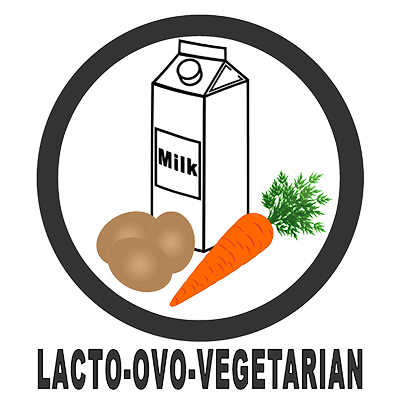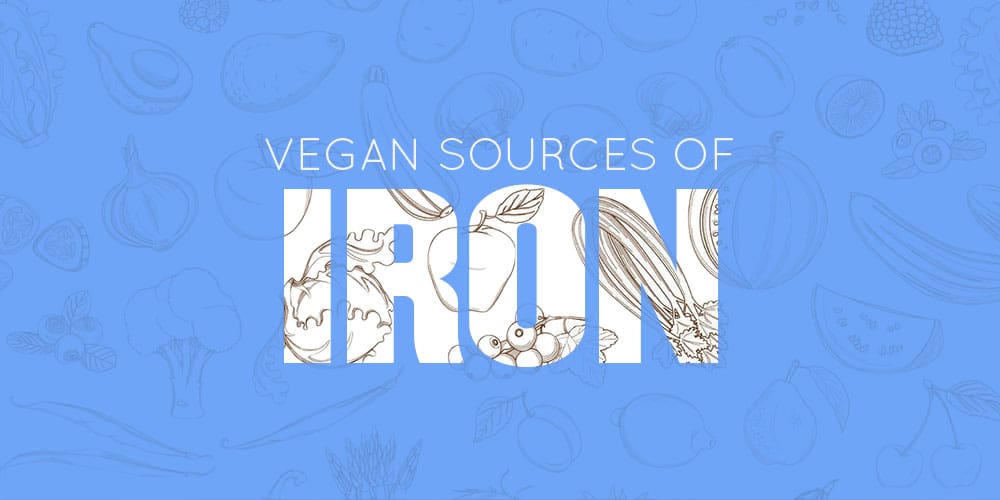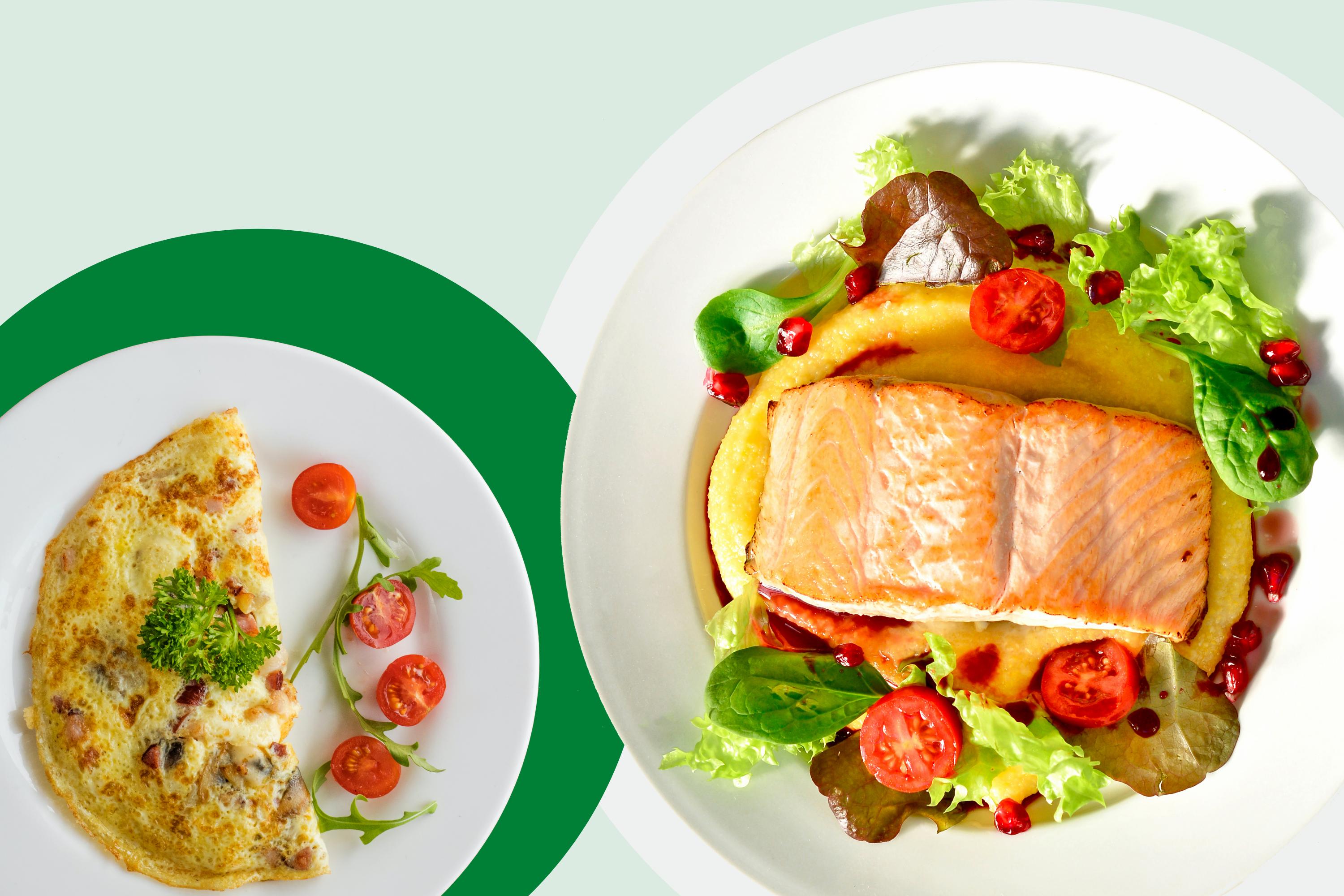
Vegans may find it difficult to obtain all the vitamins and minerals they need. A multivitamin can be a great way for you to make sure your diet is optimal.
However, you will want to select one made for vegans. These include nutrients that are naturally low in plant foods, such as vitamin B12.
1. Hippo7 Vegan Complete Multivitamin
Multivitamins are a great option for vegetarians and vegans. But they need to be aware that certain nutrients may not be provided by a plant-based lifestyle, such as calcium.
Fortunately, there are several excellent multivitamin supplements for vegans that will help fill the gaps in their diets. These include Vegan Complete by Hippo7, a science-backed multivitamin designed to provide 7 essential vitamins and minerals that are often missing from plant-based meals.
This supplement also contains the methylcobalamin form of vitamin B12, a critical nutrient for the brain and heart. Its ingredients come from natural plant-based sources such as kelp or algae.
You have two options: you can either purchase the multivitamin once and then subscribe to receive 30% off your regular price. The company is also committed to transparency and rigorous third-party testing, so you can feel confident that the product will contain what it claims to.
A good vegan multivitamin should be rich in calcium, which is essential for strong bones and teeth. DHA, an essential ingredient for eye and cardiovascular health, should be included in the multivitamin.
Iodine, another vital nutrient in a vegan diet, is important as it helps to maintain your thyroid function. A multivitamin supplement that includes iodine is recommended for vegetarians and vegans. This nutrient can be difficult to find in plant-based food.
Other important nutrients for a vegan diet are protein and omega-3 fatty acids. Proteins are necessary for maintaining lean muscle mass and promoting neurotransmitter production, which helps regulate mood and energy levels. Vegans who want to add protein to their diet will find that many vegan foods have high protein levels.
A good vegan multivitamin should not contain synthetic chemicals or preservatives. These supplements should not contain any GMOs and be gluten-free.
Mary Ruth’s Liquid Vegan Multivitamin (our favorite vegan multivitamin) is delicious raspberry-flavored. It also contains nutrients that vegans are less likely to have. It is a complete source of B vitamins, which can help boost energy, support overall health, as well as enhancing skin, hair, nails, and other aspects.
2. PlantFusion Complete Iron

There are many different iron supplements available on the market. Some iron supplements can be used by vegans, others may not. However, it is important to remember that iron supplements should not be taken as a substitute for a well-balanced diet. Anemia can result from too much or too little iron.
It is best to find iron supplements that are gentle and easy for vegans. A supplement that is safe for pregnancy and low in iron toxicity is also a good option.
It is important to have a good source of iron in your diet. This will help you maintain healthy energy levels, red cell production, muscle health, and other vital functions. Although it is possible to consume enough iron in a plant-based food, animal foods can contain the iron called heme. It is not as easily absorbed by non-animal body.
Plant-based iron sources can include nuts, seeds, whole grains, leafy greens and legumes. These foods can have high levels of vitamin A, which can boost the body's ability absorb non-heme ferrous iron from plant sources.
BeLive also offers a vegetarian gummy supplement to iron. This gummy doesn't contain any gelatin, sugar or salt. It contains 10mg iron, a large list of vitamins, minerals, such as C & A, B Complex, Zinc, and is gentle on the stomach.
This product is made from a patented Ferrochel Chelated Iron. Scientists note that it is easier for the body to absorb than other forms. This will ensure that your body is getting the maximum amount of dietary and nutritive iron. It also helps to reduce side effects like constipation and nausea.
Future Kind claims that all of its iron supplements are made of 100% vegan ingredients. This is in keeping with their commitment to sustainability and science. Your body will absorb iron better when it is mixed with non-GMO chelated Iron (ferrous bisglycinate). This combination, together with 50 milligrams from whole-food Vitamin C from Acerola Cherry helps to support healthy energy.
3. MegaFood Iron Plus
One of the most essential minerals in a vegan diet is iron. Iron is important for a healthy immune function, normal cell growth, and an energy-yielding metabolism. It is also responsible to transport oxygen throughout our bodies and promote red blood cells.
Even if you eat vegetarian or vegan food, iron may not be easy to find in your daily meals. This is because nonheme Iron (from plants) can be more difficult than heme. There are many iron supplements for vegetarians or vegans.
MegaFood Iron Plus can be a good choice for people who want to increase their iron intake. It provides iron, vitamin B and folate for better absorption. This product contains no gluten, dairy products, or eggs.
You can ensure your body gets the right amount of iron by eating a variety of foods. Try including iron-rich seeds, legumes, and seeds in your meals. You can also include iron-rich breakfast cereals to increase your iron absorption.
Another great option is to use a liquid iron supplement. This product is easy to swallow, and doesn't cause any digestive problems. Care/of is a popular option for vegans as it contains ferrous Bisglycinate, which is highly bioavailable and easy to digest. It comes in a liquid form which is ideal for those who don’t like chewables or capsules.
For those who want a slightly more potent iron supplement, Nature Made Iron Tablets are an excellent choice. These tablets are affordable and offer 65 mgs of iron per tablet for $0.03 each. They also have a ferrous Sulfate version of iron that is often used in healthcare to increase iron storage and red blood cell formation.

This patented chelated Iron is easy on your stomach and provides a wealth of nutrients for increased absorption. This formula includes iron as well as a mix of vitamins B12 (folic acid) and vitamin B12. It is vegetarian-friendly, and contains no artificial colors or preservatives.
4. Garden of Life B12
Vitamin B12 is an important nutrient for your nervous system, blood cells and DNA synthesis. It is mainly found in animal foods such as meat, fish and poultry, but it can also be fortified in vegan products like eggs and dairy.
Vegans and vegetarians may not receive enough vitamin B12, so supplementation is essential. A few sources include fortified cereals, nutritional yeast, and some plant milks. Other natural foods that contain B12 include a variety of mushrooms and some algae.
A multivitamin that has all the nutrients you need is the best way to make sure your body is getting the right nutrients, especially if it's vegan. You'll likely want to look for one that has the whole-food blends and no stevia or apple juice sweeteners.
Garden of Life RAW Vitamin B-12 is a unique supplement. It's made from the highest quality ingredients, including a RAW organic vegetable and fruit blend. It also contains vitamin C and probiotics as well as enzymes.
The vitamin B12 in this dietary supplement is in the form of methylcobalamin, which is the active form of vitamin B12 that's naturally occurring in your body. This means that your body is more likely to absorb it and use it.
This spray is a whole food formula that's Certified USDA Organic & Non-GMO Project Verified. It contains 500mcg methylcobalamin from Saccharomyces Cerevisiae to help support energy and metabolism. It's a great-tasting, convenient alternative to tablets or capsules and a healthy way to get your daily dose of this key vitamin.
In addition to the methylcobalamin, this vegetarian spray contains other vitamins and minerals to provide you with an optimal level of nutrition from all sources. It also contains Cellulase and Protease enzymes that help to digest food and improve your immune system.
Garden of Life's B-12 has RAW food-created nutrients. They are grown with their unique Code Factors intact, so your body can recognize and use them as it intended. The RAW nutrients in this formula are grown without the use of chemical fertilizers, pesticides or artificial hormones to ensure they're completely free of harmful compounds.
FAQ
How often should you exercise?
Fitness is key to a healthy lifestyle. However, there's no time limit on how much you should exercise. Find something you like and stay with it.
It is a good idea to exercise at least three times per week. Then, you should aim to do between 20 and 30 minutes of moderate-intensity activity. Moderate intensity will mean that you'll continue to be exerting yourself afterward. This type of exercise burns approximately 300 calories.
Walking is a great option if you are a keen walker. You can do 10-minute walks four days per week. Walking is low-impact, easy on the joints, and it's very gentle.
Jogging for 15 minutes three days a week is a good option if you prefer to run. Running is a great way to burn off excess calories and build muscle tone.
Start slowly if you aren't used to doing exercise. You can start with only 5 minutes per week of cardio. Gradually increase the time you do cardio until your goal is reached.
How can I lower my blood pressure
You must first determine the cause of high blood pressure. Next, take steps that will reduce the risk. This could include eating less salt, losing weight if necessary, taking medication, etc.
Make sure you're getting enough exercise. If you don't have time for regular exercise, then try walking as often as possible.
If you're not happy with how much exercise you're doing, then you should consider joining a gym. You'll probably want to join a gym where there are other people who share your goals. It's much easier to follow a routine if someone is with you at the gym.
Exercise: Good or bad for immunity?
Exercise is good to your immune system. Your body makes white blood cells that fight infections when you exercise. Your body also gets rid of toxins. Exercise can help prevent heart disease and cancer. Exercise can help reduce stress.
Exercising too often can cause your immune system to be weaker. Your muscles can become sore if you exercise too much. This causes inflammation and swelling. To fight infection, your body will produce more antibodies. However, these antibodies can also cause allergic reactions and autoimmune diseases.
So, don't overdo it!
These are five tips to help you lead a healthy lifestyle.
How can you live a healthy life?
Healthy lifestyles include eating right, exercise regularly, getting enough rest, managing stress, having fun, and eating healthy. Avoiding sugar and unhealthy fats is key to eating well. Exercise strengthens your muscles and helps you lose calories. Getting enough sleep improves memory and concentration. Stress management reduces anxiety, depression and other symptoms. And finally, having fun keeps us young and vibrant.
Statistics
- nutrients.[17]X Research sourceWhole grains to try include: 100% whole wheat pasta and bread, brown rice, whole grain oats, farro, millet, quinoa, and barley. (wikihow.com)
- The Dietary Guidelines for Americans recommend keeping added sugar intake below 10% of your daily calorie intake, while the World Health Organization recommends slashing added sugars to 5% or less of your daily calories for optimal health (59Trusted (healthline.com)
- In both adults and children, the intake of free sugars should be reduced to less than 10% of total energy intake. (who.int)
- Extra virgin olive oil may benefit heart health, as people who consume it have a lower risk for dying from heart attacks and strokes according to some evidence (57Trusted Source (healthline.com)
External Links
How To
What does the "vitamin") mean?
Vitamins are organic compounds found naturally in food. Vitamins help us absorb nutrients from foods we eat. Vitamins cannot be produced by the body. They must be obtained from food.
Two types of vitamins exist: water soluble and oil soluble. Water-soluble vitamins dissolve in water easily. Vitamin C,B1(thiamine), B2 (2riboflavin), and B3 (3niacin), as well as vitamin C,B1, B2 (riboflavin), and B3 (niacin), vitamin B6 (pyridoxine), vitamin folic acid (biotin), pantothenic, and choline are examples. The liver and fatty tissues are home to fat-soluble vitamins. Examples include vitamin D, E, K, A, and beta carotene.
Vitamins are classified based on their biological activity. There are eight major types of vitamins.
-
A – Essential for normal growth, and the maintenance of good health.
-
C - vital for nerve function and energy generation
-
D – Essential for healthy teeth, bones and joints
-
E is required for good vision and reproduction.
-
K - required for healthy muscles and nerves.
-
P - essential for strong bones, teeth and tendons
-
Q - aids digestion, absorption and absorption iron
-
R – Required for making red blood vessels.
The recommended daily allowance (RDA) of vitamins varies depending on age, gender, and physical condition. RDA values are set by the U.S. Food and Drug Administration (FDA).
For adults 19 years and over, the RDA vitamin A intake is 400mg/day. Because it is essential for the development of the fetus, pregnant women should consume 600 micrograms per days. Children ages 1-8 require 900 micrograms per day. Infants below one year of age need 700 micrograms daily. But, between 9 months to 12 months of age, the amount drops to 500micrograms per days.
Children aged between 1-18 years old who are obese require 800 micrograms per Day, while overweight children need 1000 micrograms every day. Children underweight or obese will require 1200 micrograms a day to meet their nutritional requirements.
Children aged 4-8 years old who have been diagnosed as having anemia require 2200 micrograms of vitamin C per day.
2000 micrograms are required daily for good health in adults over 50. Breastfeeding or pregnant women require 3000 micrograms per daily due to higher nutrient demands.
1500 micrograms is the recommended daily intake for adults aged 70+, as they lose 10% of their muscle every ten years.
Women who are pregnant and lactating need more nutrients than the RDA. Pregnant women need 4000 micrograms per dayduring pregnancy and 2500 micrograms per day after delivery. Breastfeeding mothers require 5000 micrograms daily when breast milk production is occurring.